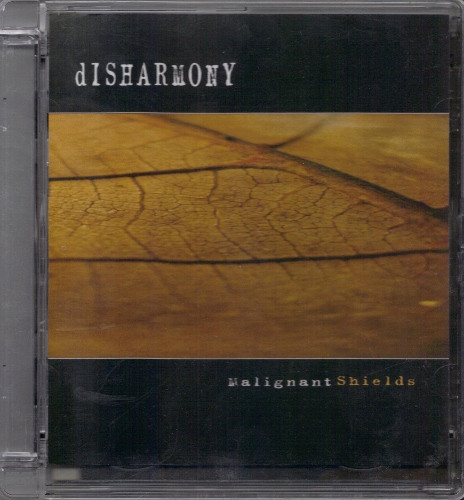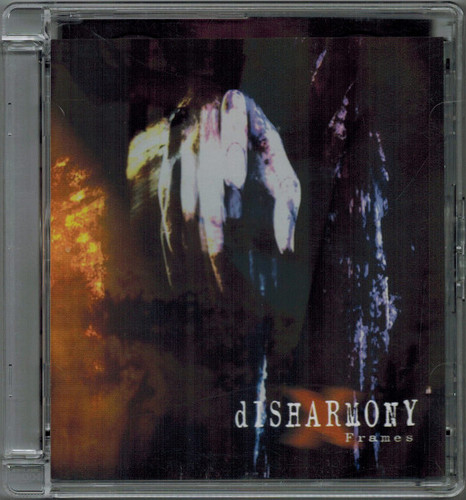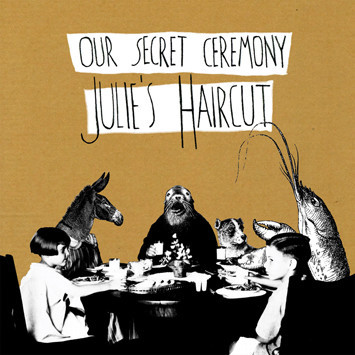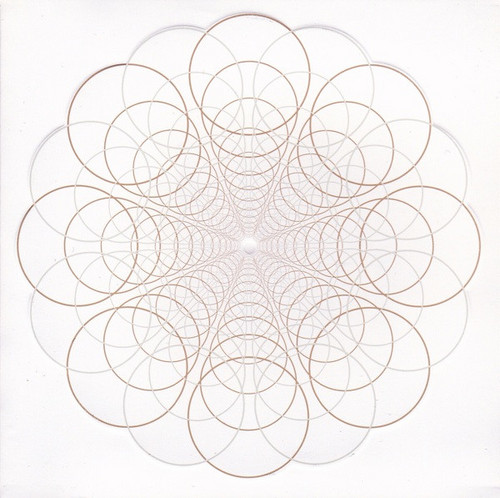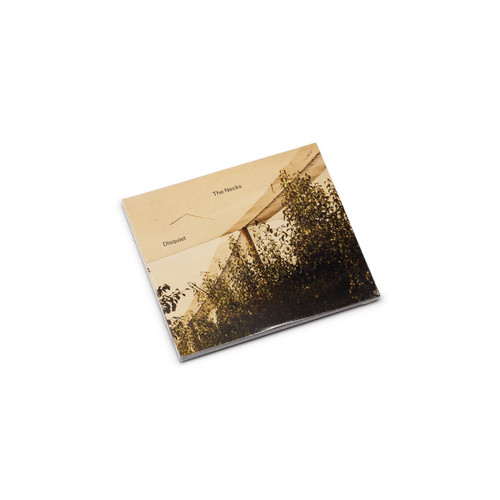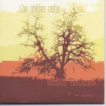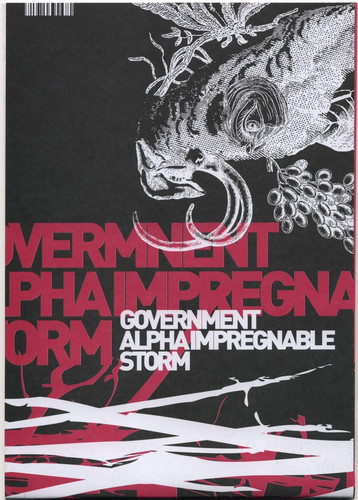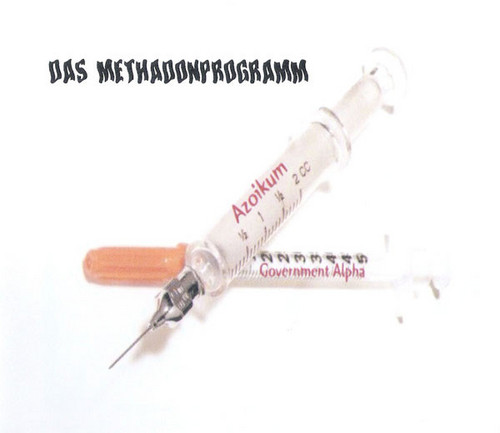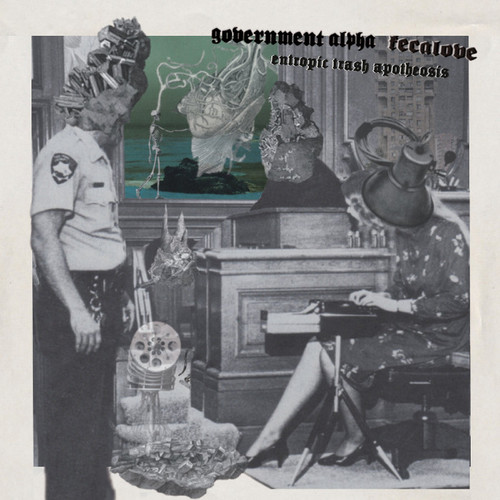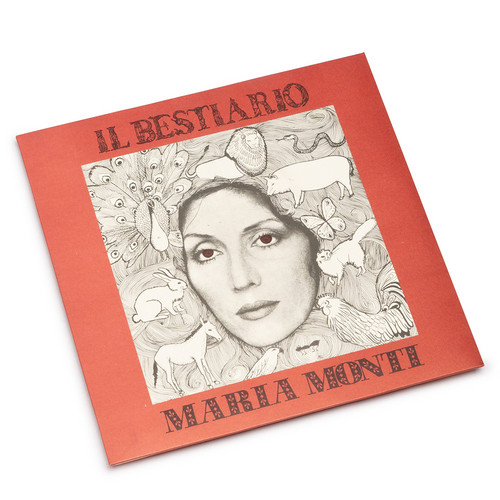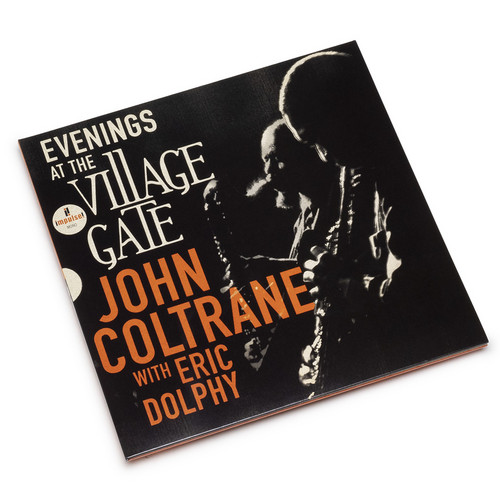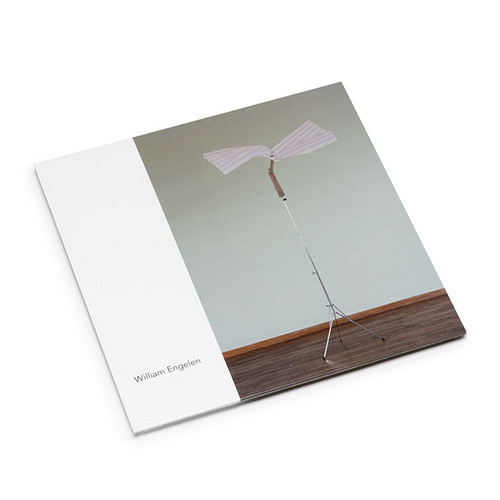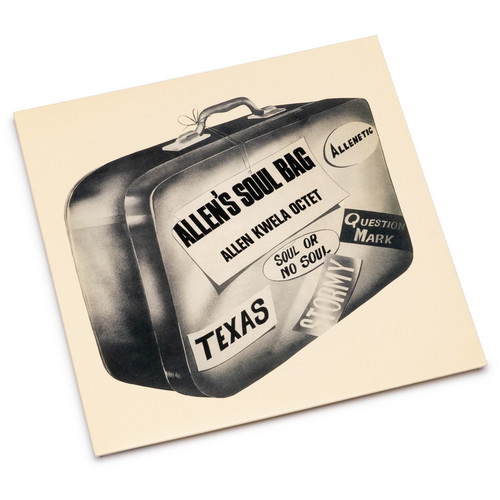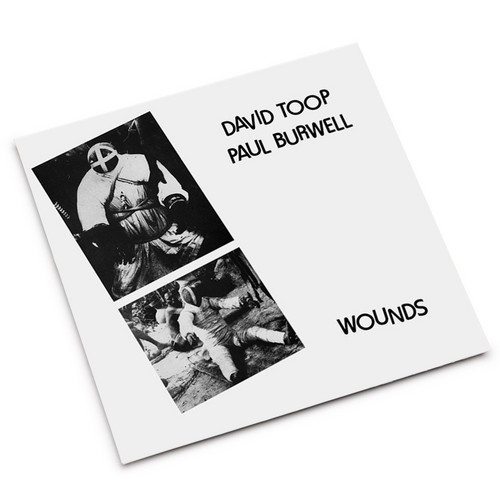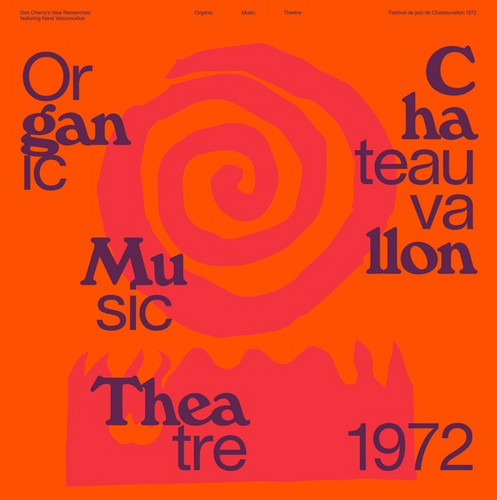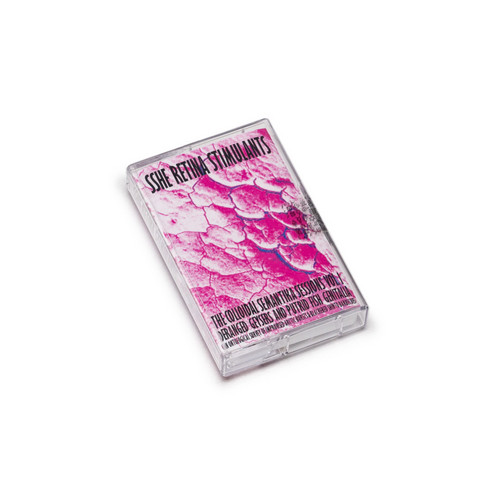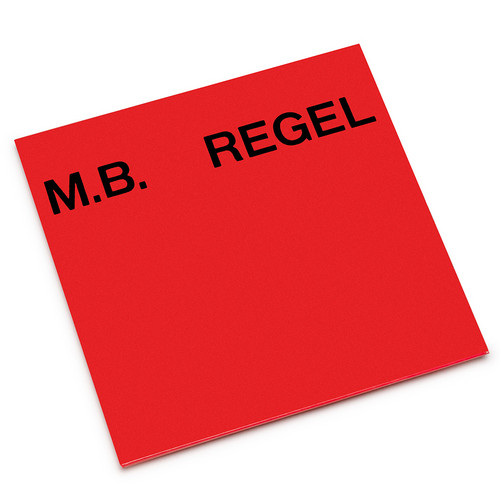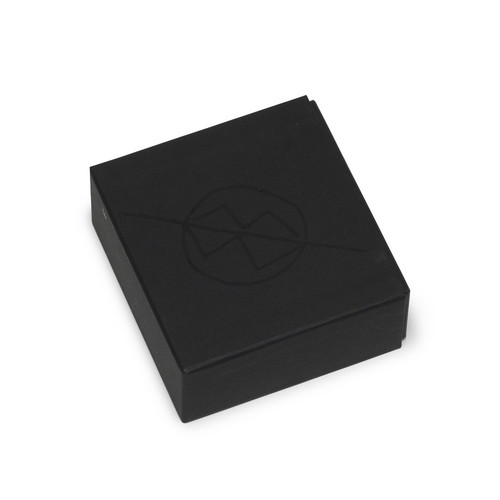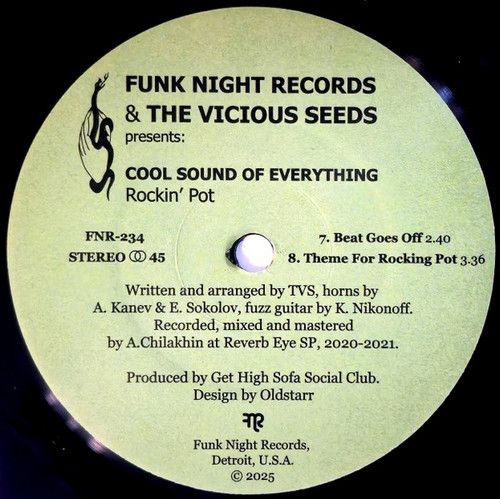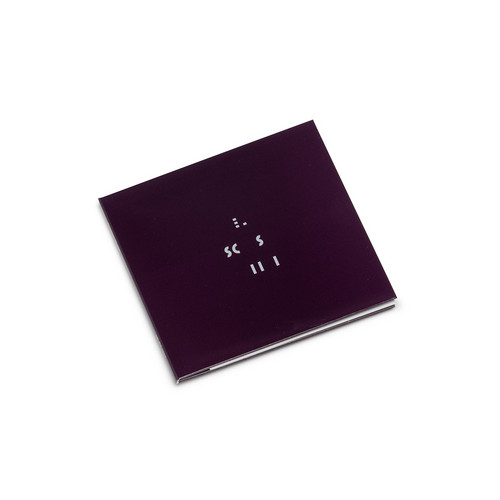Back in stock
Malignant Shields
2007 release ** Super jewel box packaging. Endless transformations and experimenting with sound is natural phase that brings Disharmony in their next work. This time fifth stop and mapping of their territory, Disharmony opens their next phase and with their new album opens the gates into the space of electro underground. Combining industrial elements and idm puts Disharmony into the modern, electro revolution and with this opens next phase and possibility to look into the ambiental waters covere…
X Frames
2006 release ** Super jewel box packaging. In order, it's 4th album of Bratislava's dark-electro project. This time the protagonists are maping their early period of time and on their new release they´re presenting works, regarding to release Moonflower. The tracks on this CD are actually unreleased retrospective and the material, which appeared on this CD leaves in the listeners the phases where Disharmony keeps moving. Rhythmical, hybrid structures. Atmospherical spaces and film moods meet on …
Our Secret Ceremony
2009 release ** De-luxe embossed and debossed sleeve. "Divided into two parts (Sermons and Liturgy), "Our Secret Ceremony" marks a point of no return in Julie's musical journey. Some might consider it pretentious, given its monstrous length, and to be objective, there are a couple of lengthy parts, but that's precisely where the beauty and the core of the record lie. Letting go without worrying too much about song structure or duration, playing what we like, how we like it. Take it or leave it. …
N-Waves / U-Waves
2008 release ** De-luxe embossed and debossed sleeve.
Disquiet
On Disquiet, The Necks stretch their immersive, shape-shifting sound across three discs and more than three hours of labyrinthine, patient intensity. This twentieth studio recording marks the 39th year of the band's existence, representing both a culmination of their extraordinary journey and a bold leap into uncharted sonic territory. Meticulously recorded and sculpted, the four extended pieces on Disquiet see Tony Buck, Chris Abrahams, and Lloyd Swanton pushing at the outer edges of their coll…
Autumn Testament
2007 release ** "Comprised of Brad Rose (The North Sea) and Keith Wood (Hush Arbors), The Golden Oaks features road show magicians springing forth candles from wooded sanctuaries. Composed via the postal system, Autumn Testament is a hymn to the season of red, gold, and orange. A canopyn of leaves shelters the proceedings from the fog that threatens to obscure these sounds. This is a glorious combination of organic grace, blessed by the forests of past centuries and those still in their infant s…
Impregnable Storm
2009 release ** Limited to 250 hand-numbered copies. A2-sized heavy stock poster folded to form an A5-sized sleeve housed in a plastic wrapper. "Utterly ferocious and unforgiving, Impregnable Storm may be the pinnacle of all that is Yasutoshi Yoshida. Great foldout poster cover, amazing noise. Highly recommended."
Das Methadonprogramm
2005 release ** Limited to 444 hand-numbered copies.
Entropic trash apotheosis
"Back in 2009 I had a small exhibition and a collaboration show with Yasutoshi Yoshida (one of my favorite noise artists ever, by the way) at Flying Teapot in Tokyo. I was also supposed to go to his place and record something but I got drunk and lost like an asshole. 13 years later our collaboration mayhem is out." Mastered by Ivan Fu for extra damage. Manuel's (Narcolepsia) words: "Yasutoshi Yoshida and Nicola Vinciguerra have both carved their own corner in underground, being consistent throug…
Il Bestiario
** Temporary super offer, very last copies ** There was never anyone like Maria Monti – and this album is a true testament to her genius! Il Bestiario might be best understood next to albums by artists like Brigitte Fontaine, Scott Walker, and Catherine Ribeiro, all of whom began their careers within the saccharine confines of popular music, before embarking on some of the most revolutionary recordings of the era. It enlisted the radical poet Aldo Braibanti (a man defined “the lone true Italian…
Evenings At The Village Gate
Temporary offer A long-lost live recording featuring one of John Coltrane and Eric Dolphy's 1961 sets at New York's Village Gate has been unearthed for release this summer. Evenings at the Village Gate was recorded in the summer before Coltrane's legendary slate of November 1961 dates at the Village Vanguard, with a similar quintet lineup: the short-lived tandem of Coltrane and Dolphy alongside drummer Elvin Jones, pianist McCoy Tyner and bassist Reggie Workman.
While the trailblazing Village Va…
Falten
** Edition of 300 with photos of Falten scores and liner notes by Dagmara Genda. ** After "Today, the organ has played beautifully again" and "32 bpm" from 2019, Edition Telemark presents three new LPs by Dutch sound artist William Engelen, released on the occasion of his exhibition "Klinkt goed" at Kunstmuseum Den Haag. All three LPs are released separately but may be listened to as a whole because they portray three work groups that are representative of Engelen's compositional methods: Falten…
Allen's Soul Bag
Allen’s Soul Bag is a standout reissue from Allen Kwela Octet, capturing the spirit and sophistication of South African jazz in the early 1970s. The album, newly remastered from vinyl and pressed in a limited run, offers emotive ensemble playing and rich melodic invention, showcasing Kwela’s expressive guitar against vibrant horns, piano, and rhythm section.
Wounds
Wounds captures David Toop and Paul Burwell at their most relentlessly inventive, distilling the London Musicians Collective’s radical energy into tactile, improvised sound rituals. Edited from a single 1979 performance, it’s a landmark of British experimental music: two artists in conversation with objects, timbre, and the primal roots of musical creation.
Organic Music Theatre - Festival de jazz de Chateauvallon 1972
* 2xLP on black vinyl, pressed at RTI and housed in a heavy-duty tip-on gatefold Stoughton jacket. * In the late 1960s, the American trumpet player and free jazz pioneer Don Cherry (1936–1995) and the Swedish visual artist and designer Moki Cherry (1943–2009) began a collaboration that imagined an alternative space for creative music, most succinctly expressed in Moki’s aphorism “the stage is home and home is a stage.” By 1972, they had given name to a concept that united Don’s music, Moki’s art…
The Colloidal Semantika Sessions Vol. I
*2025 stock. 60 copies limited edition* SShe Retina Stimulants, the renowned experimental electronic project led by Paolo Bandera, releases The Colloidal Semantika Sessions Vol. I on limited-edition cassette via Swiss label Luce Sia.
Paolo Bandera, active since 1994, explores industrial experimentation through SShe Retina Stimulants, drawing from his broader work with Sigillum S and other ventures. This release continues his ultra-ventennale investigation into electronic industrial sounds, inspi…
Regel
Oblio, a brand new imprint dedicated to reissues from the moodier spectrum of Italian experimental music, launches into action with the first ever fully remastered vinyl reissue of Maurizio Bianchi's 1982 private press masterstroke “Regel”. A seminal cornerstone of early '80s Italian experimentalism, Industrial music, and noise - long hunted by collectors - that is regarded as one of Bianchi's most definitive works - bristling various sound sources, electronics, and synths - more than 40 years o…
Mectpyo Box
**Edition of 200, very last copies available** Maurizio Bianchi - aka M.B. - began composing in 1979, working in the lineage of Pierre Schaeffer's musique concrète: a practice rooted in the concrete manipulation of recorded sound rather than traditional notation. His stated aim was "to produce technological sounds and in such a way to work on complete realising of the modern decadence". From his early tape works as Sacher-Pelz to the LPs issued between 1981 and 1984, M.B. developed a singular co…
Rockin' Pot
The single "Rockin' Pot" by The Vicious Seeds is a vibrant instrumental track that showcases the band's signature blend of heavy, guitar-driven funk with a retro groove sensibility. Hailing from Saint Petersburg, Russia, The Vicious Seeds are known for their energetic sound, drawing inspiration from classic funk and soul, and infusing it with a modern edge
"Rockin' Pot" is released on Funk Night Records as a 7-inch vinyl, often paired with tracks like "Theme For Rocking Pot," emphasizing…
Giacinto Scelsi
**Comes in glossy gatefold sleeve with 20-page booklet ** Features 6 works by the influential Italian avant-gardist of the 20th century, dating from 1961-1990. Pranam I (for voice, 12 instruments and tape, 1972); Anagamin. Celui qui choisit de revenir ou pas (for 12 strings, 1965); Quattro pezzi su una nota sola (for chamber orchestra, 1959); Quartetto n. 4, (1964); Okanagon (Tam Tam and double bass, 1968); Quartetto n. 2 (1961). "For Giacinto Scelsi, music was above all a manifestation of the e…
